One Million Lives
Impact Update 2025
This is Alia. When she was born, she wasn't breathing.
Luckily, her midwife knew exactly what to do and Alia survived.
Our goal is to help save one million more lives, every year, by 2030. Lives like Alia's.
One Million Lives
Impact Update 2025
Working together for impact
In 2020, we set an ambitious goal: Helping save one million more lives. Every year. By 2030.
The word helping matters. We do not save lives - first responders, midwives, nurses, doctors, and bystanders who act to save lives do. Our role is to support those who train and equip them to do it even better.
We are pleased to share some highlights from our progress, such as the Safer Births Bundle of Care program, which has achieved remarkable reductions in maternal and newborn mortality in Tanzania and now is being introduced into other countries.
Challenges persist with global health funding under pressure and progress towards the UN Sustainable Development Goals lagging. However, we remain hopeful because, backed by the evidence of global research, it is known what works. Our focus now is on helping implementation of these proven, cost-effective solutions through strong partnerships and integrating them into health systems for lasting impact.
To our partners and colleagues - thank you. Your dedication is saving lives every day. We’re proud to support your efforts.
Together, we are making progress towards helping save one million more lives, every year, by 2030.
Key developments
INCREASING SURVIVAL IN THE COMMUNITY
people trained in community CPR since 2020
Improving quality in healthcare
health workers maintaining CPR competence with the RQI Program
strengthening acute care in low-resource settings
reduction in trauma and sepsis possible with the WHO/ICRC Basic Emergency Care program
saving lives at birth
reduction in maternal deaths after implementation of the Safer Births Bundle of Care
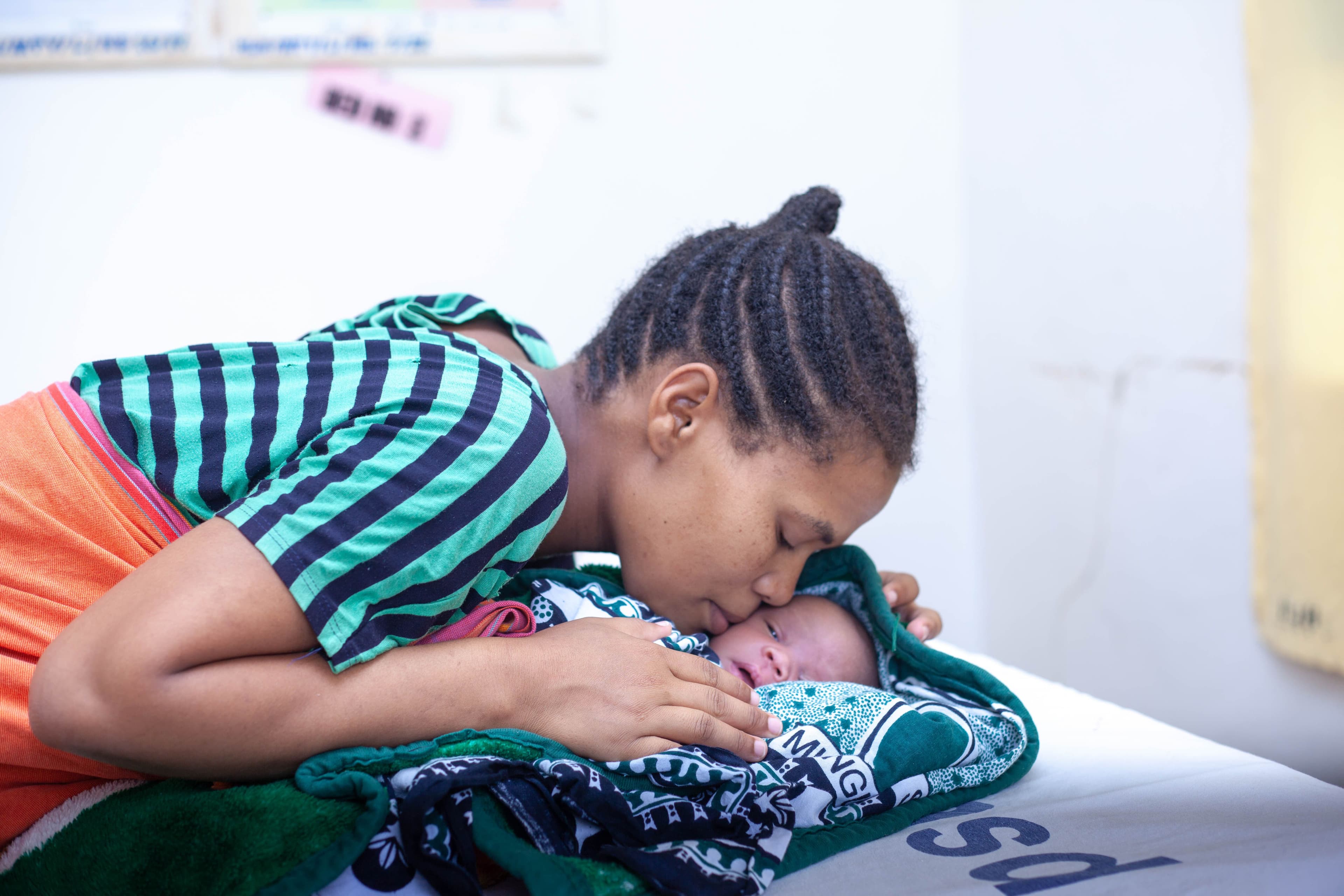
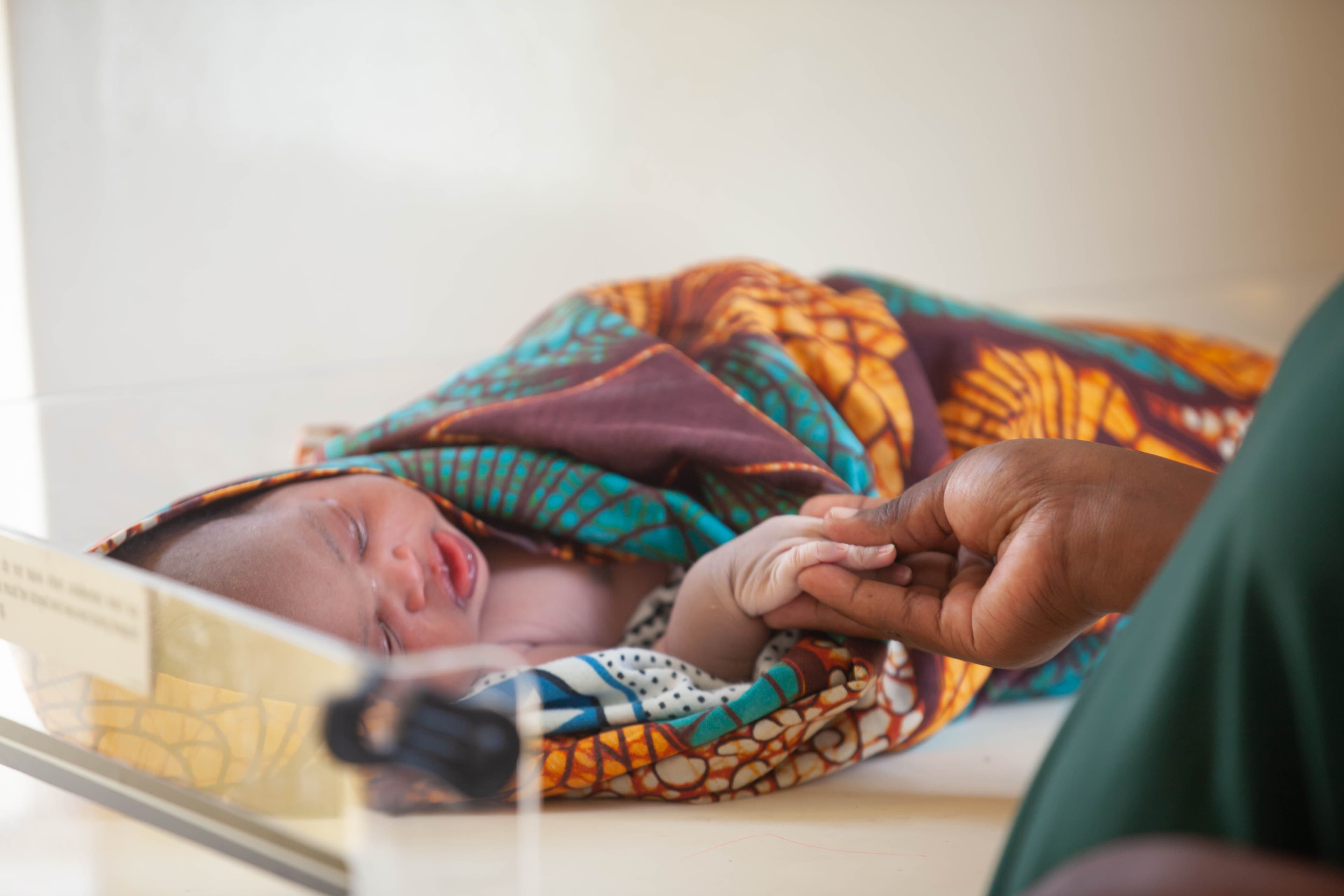
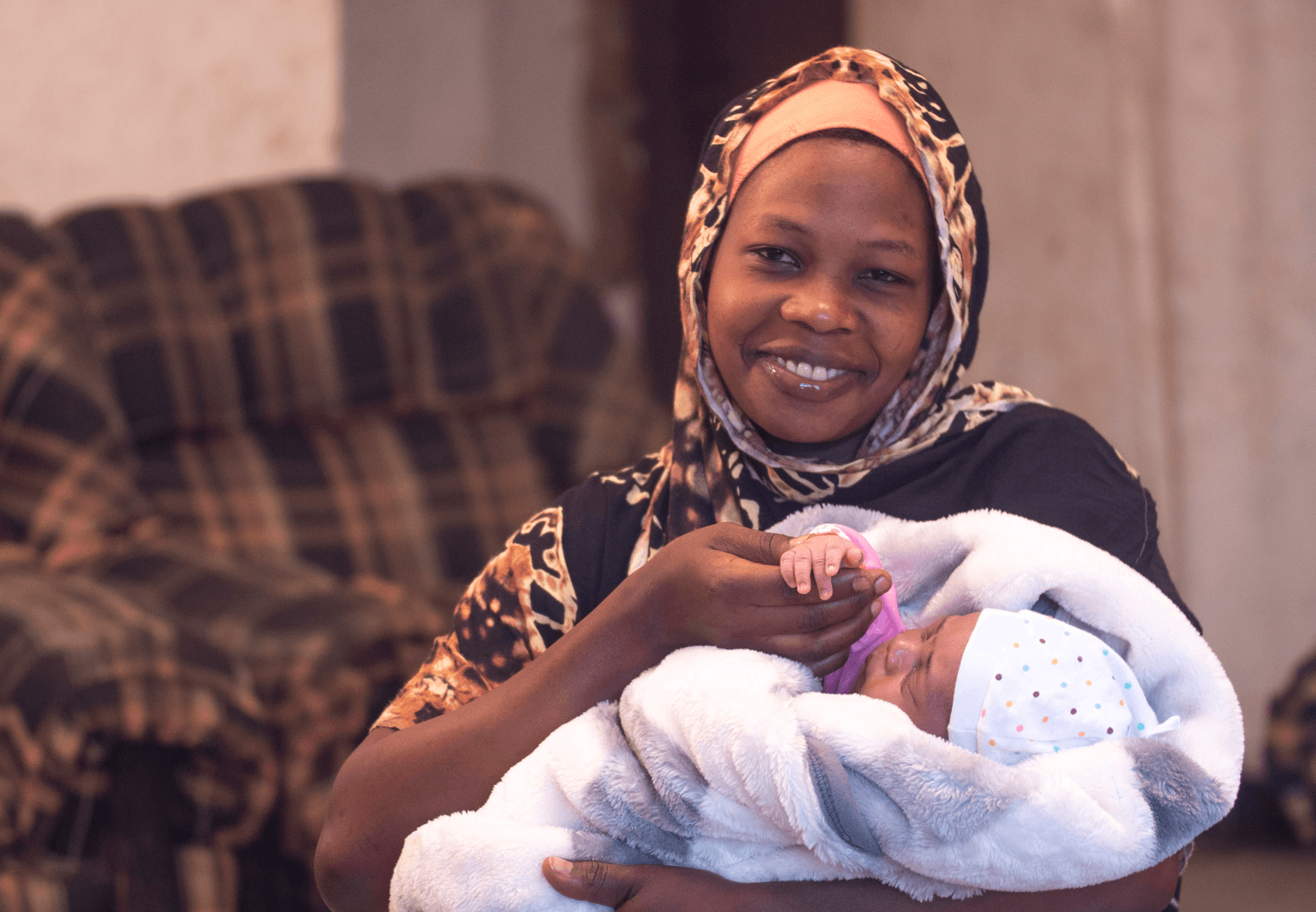
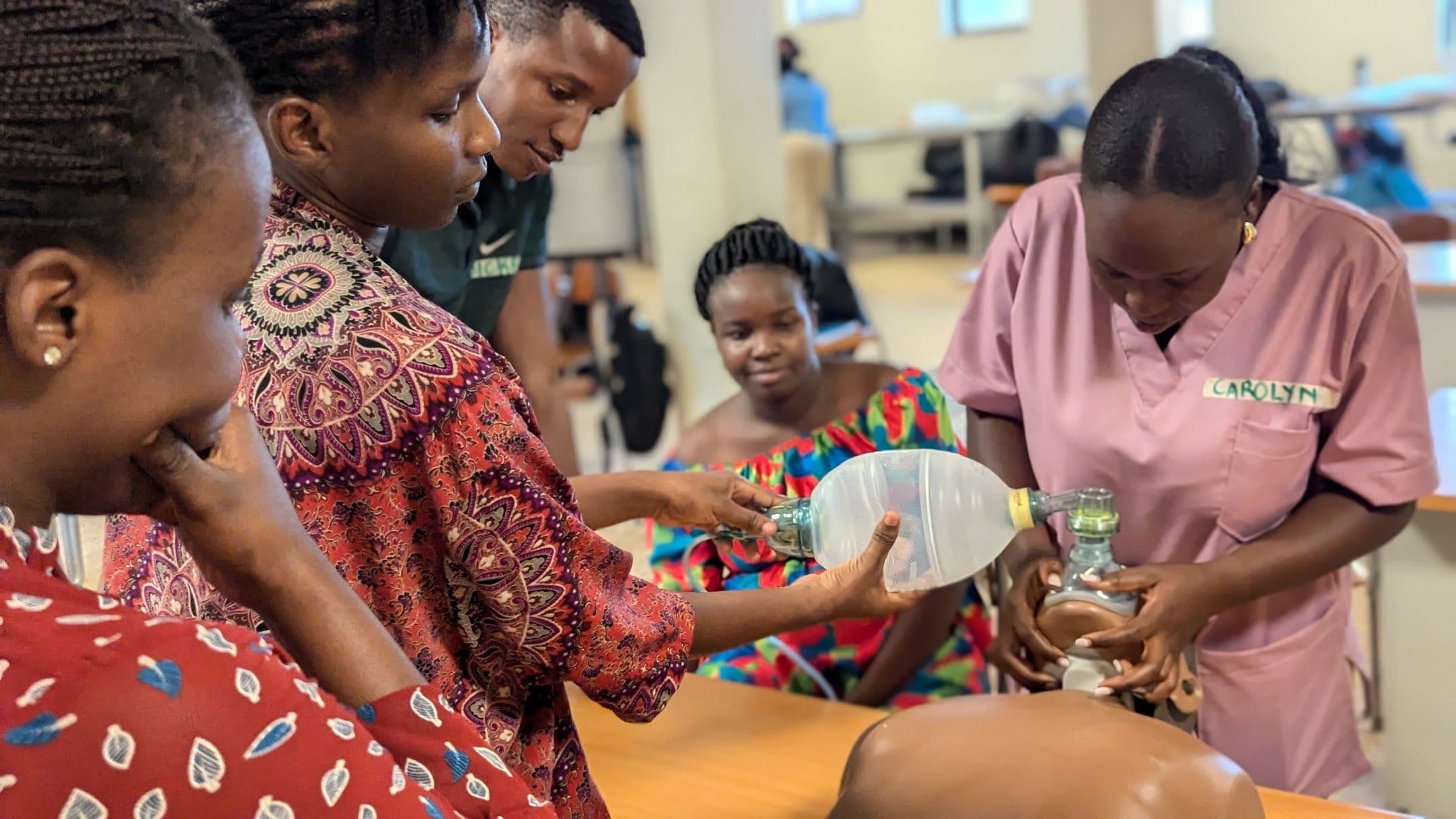
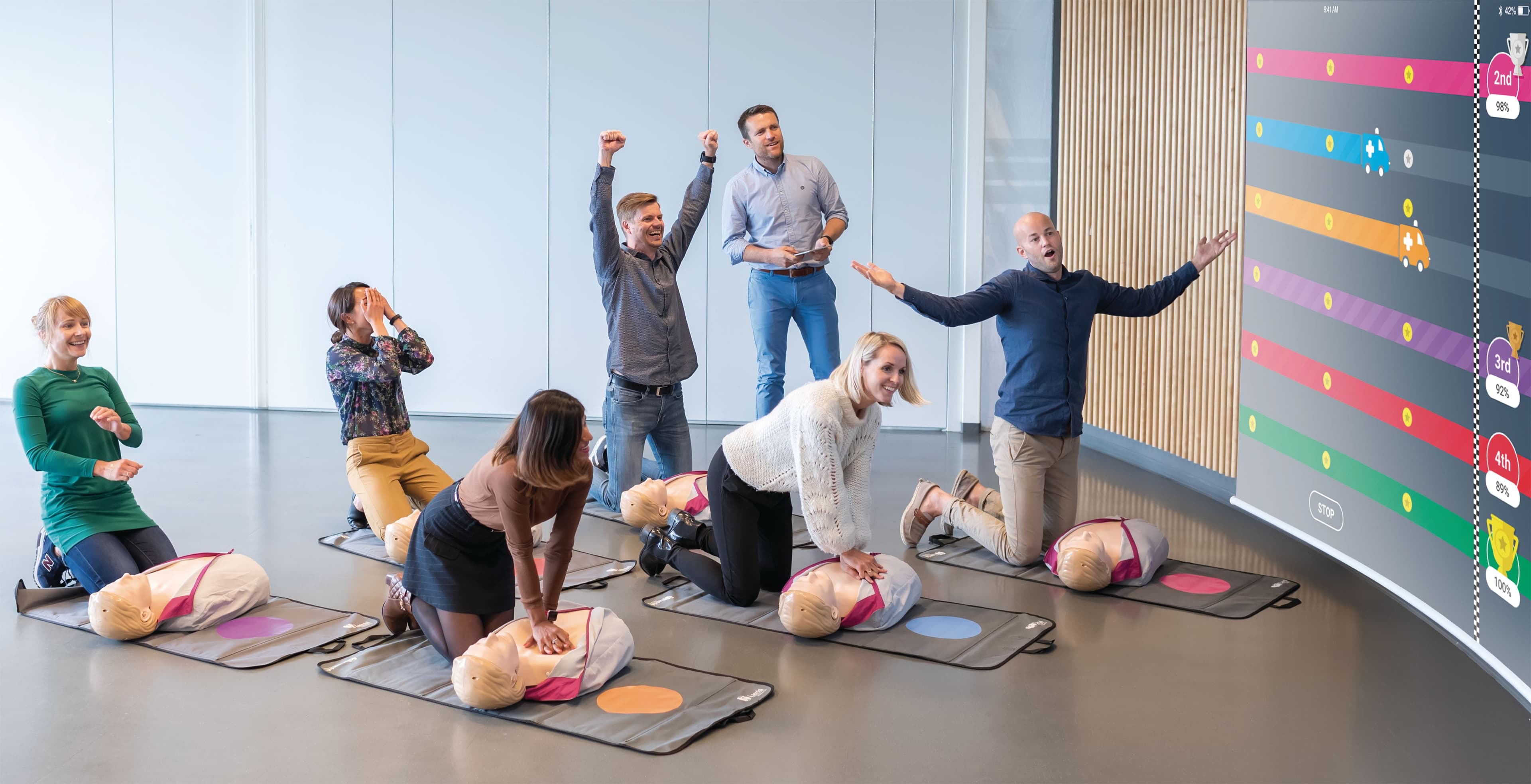
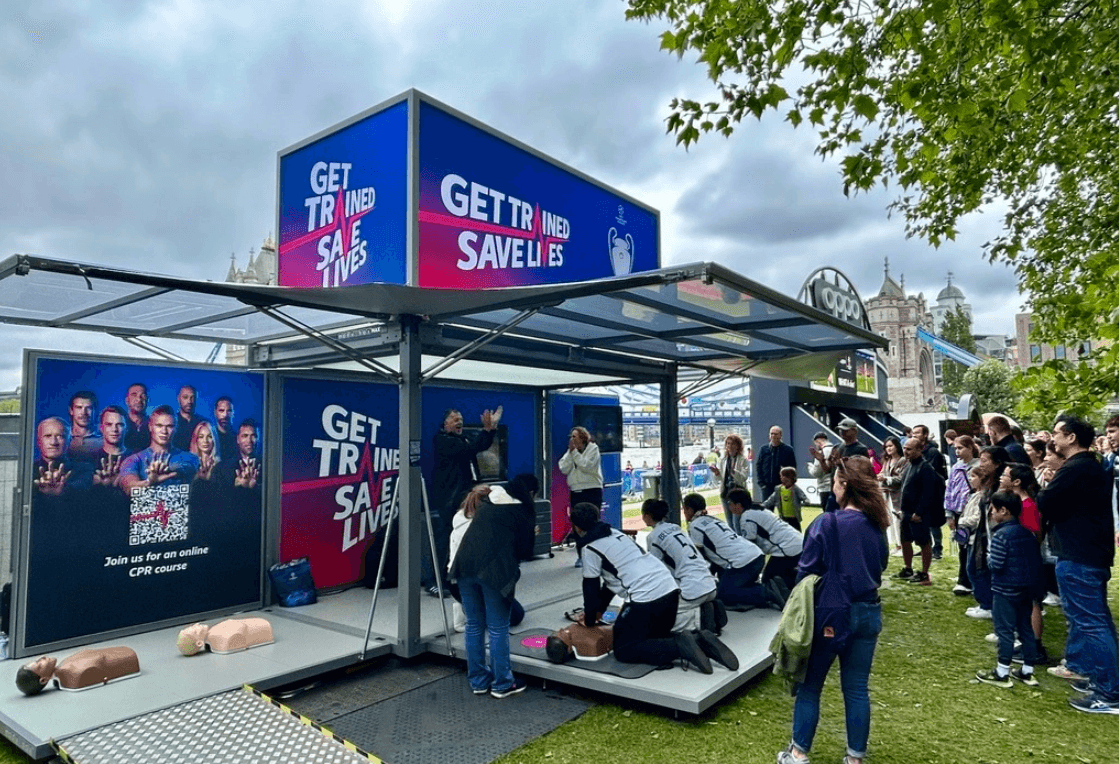
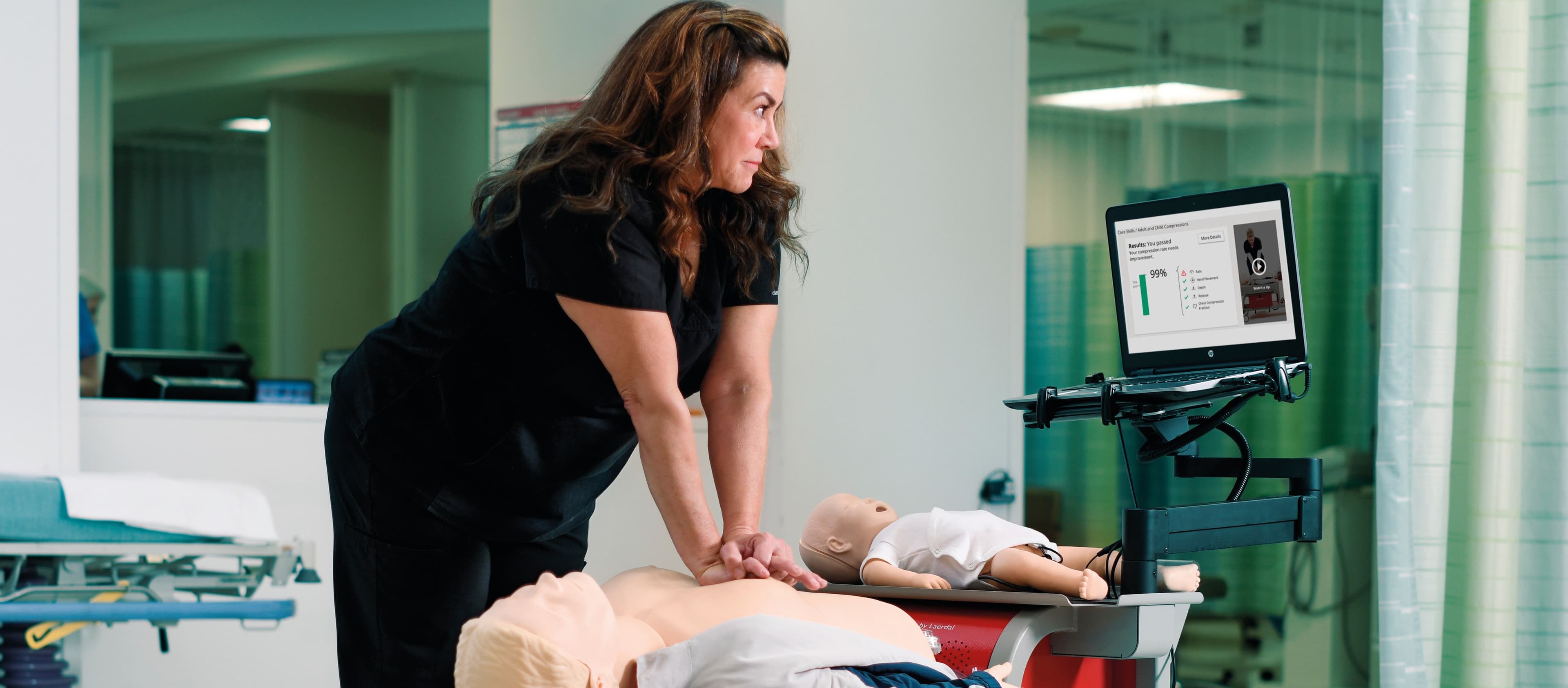
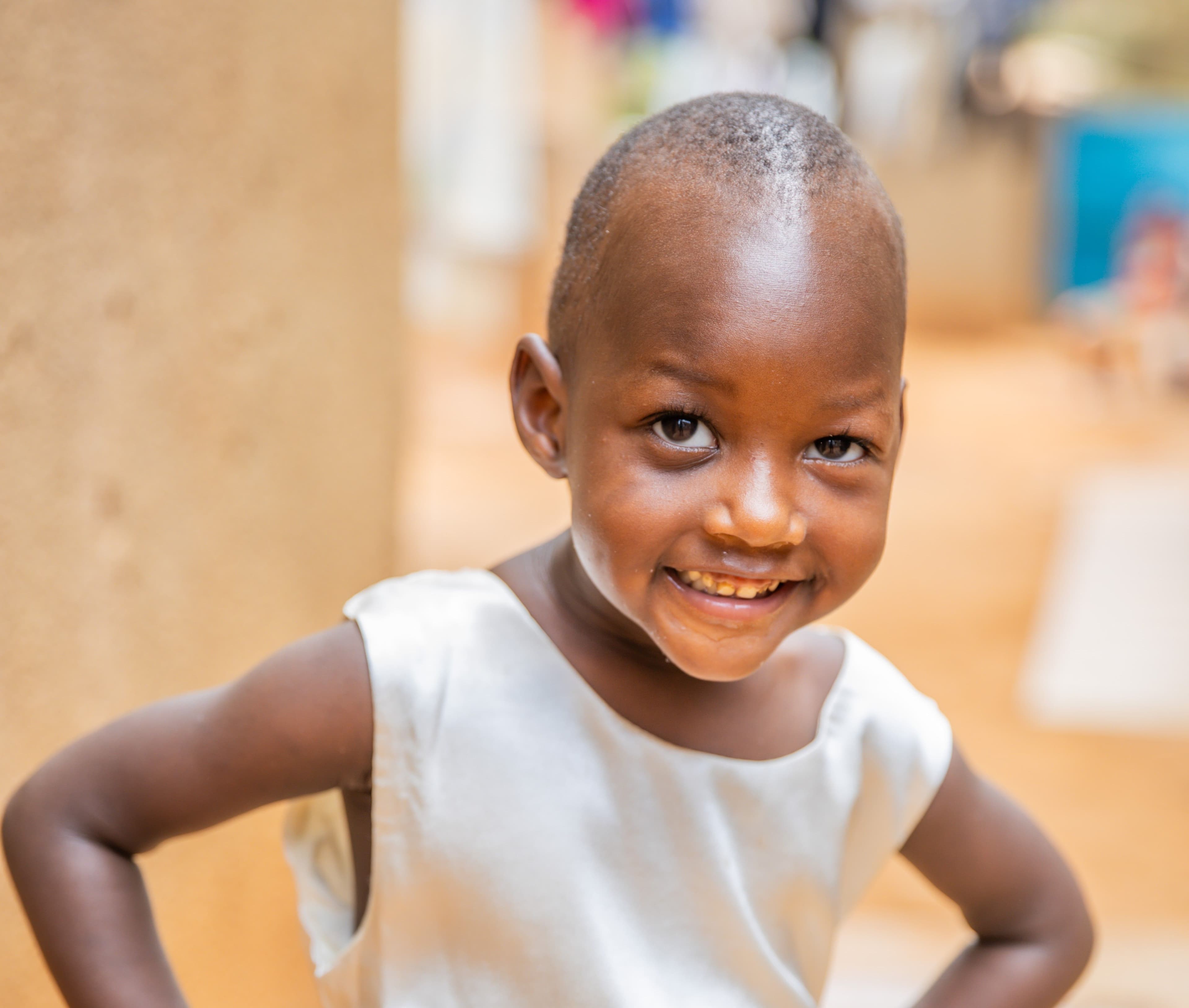
Some of the stories in the report
The Safer Births Bundle of Care has shown remarkable results in Tanzania.
Early newborn deaths has been reduced by 40 %, and maternal deaths by 75 % - as published in the New England Journal of Medicine.
Tabu is one of the many mothers saved from bleeding after birth thanks to the program.
Now there is an opportunity to achieve similar results in another area....
... the WHO Basic Emergency Care program can reduce deaths from sepsis and injury by 50 %.
To improve community CPR, new digital and gamified solutions have been developed to accelerate training.
200,000 football fans were trained at UEFA Championship in 2024 - a concept now taken further to other sports events.
In hospitals, 2 million healthcare providers are maintaining CPR competence with RQI.
Want the full story?
Download the 2025 Impact Update to learn more